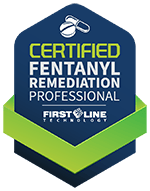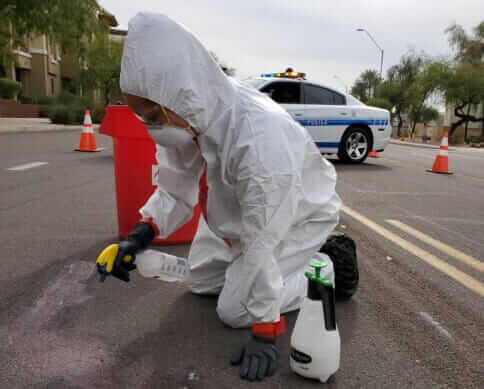When police, firefighters, and paramedics leave the scene, there is often a cleanup required. You shouldn’t feel obligated to clean it yourself.
Our Bio-One of Des Moines team will arrive quickly to ensure all biohazards are remediated safely and disposed of in accordance with state and federal laws.
Bio-One of Des Moines Cares
Our Bio-One of Des Moines team is compassionate and understanding. We are experts in biohazard cleaning, and most of all, we treat each situation with the care it deserves. Your goals and needs are critical to our process, and discretion is of upmost importance. Here is what you can expect:
- We answer calls 24/7 to provide quick, reliable service
- Professional crews that are efficient and experienced in removing blood and other bodily fluids
- All OSHA guidelines are followed to the letter.
- We are mindful of personal effects that are of value to you, and we will treat them with care
- Once cleaned and disinfected, the area will be left in a safe condition so you can move forward
Your unique circumstances will be handled with care, compassion, and discretion. We’ve experienced it all, from homes, to vehicles, and even businesses. Our priority is helping first and ensuring you can take the next steps in a safe environment.









